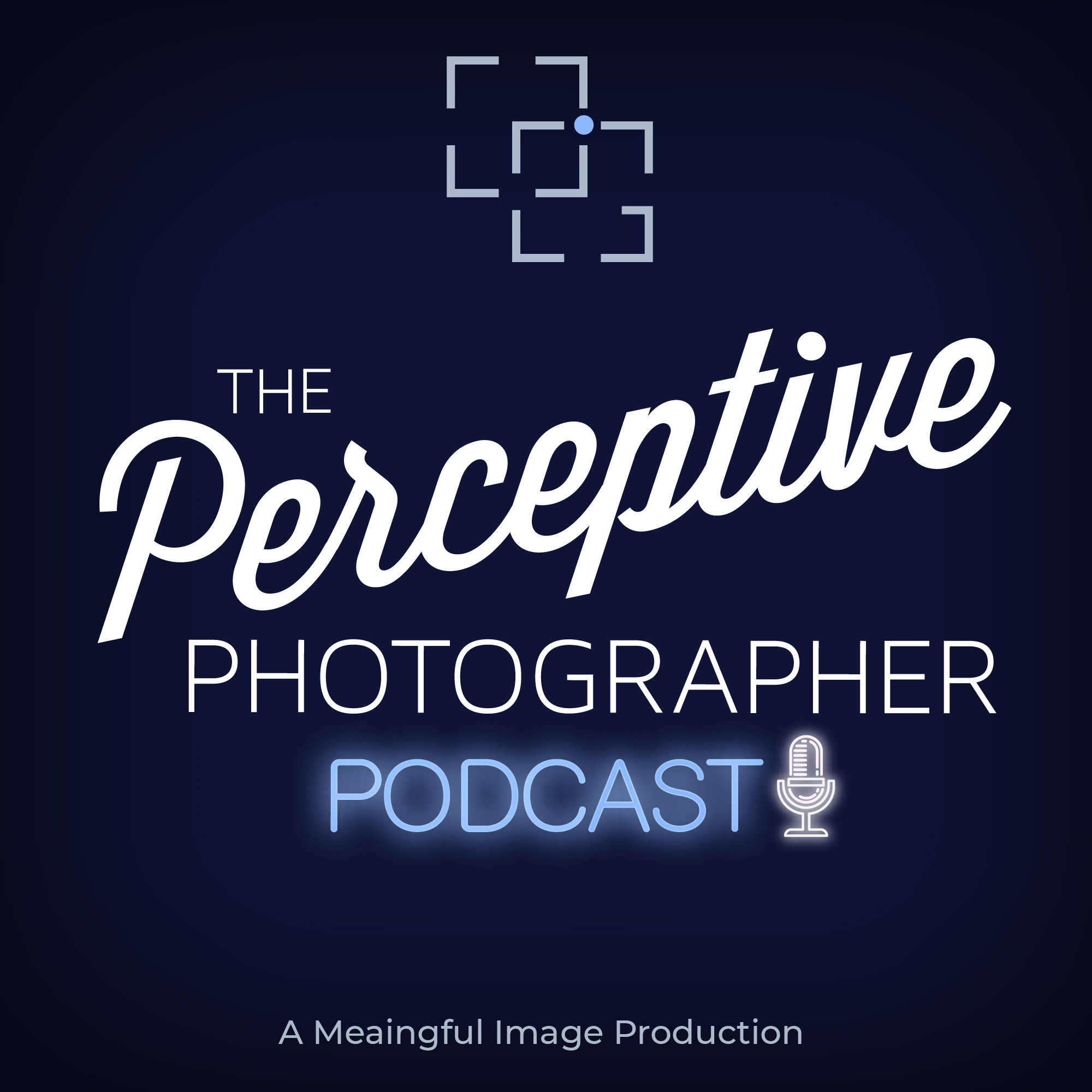I have really taken noticed recently that a lot of our information is provided in quick, easy soundbites. And, it seems some people prefer to get their information that way. You can hear it in conversations and see it in how we relate online. So many small statements supported with very few facts we hold to be true. I started to wonder, if consuming information in small bites with something that could impact our relationship to photography.
As I started looking at my own images and thinking about how I work with others, I began to realize that when you only think of your photography as soundbites, you end up, in many ways, not necessarily understanding the depth and meaning of your work. Can you always understand the complexity of what you are doing with little effort, insight and understanding? In this week’s podcast, I spend some time looking at how engagement with photographs and understanding photographs develops. Sometimes to fully understand the photograph you need to spend the time to create a deeper understanding of how composition, theme, subject, visual story all relate to our abilities to fully engage with the image. Just like with our news and information, not everything should be summarized in 140 characters.

